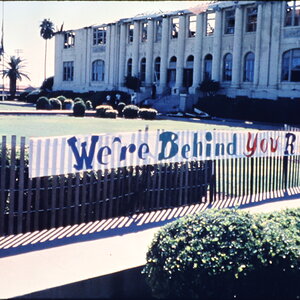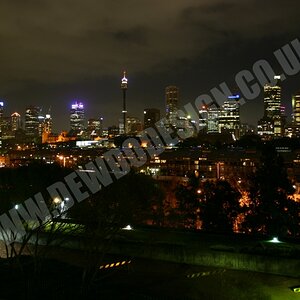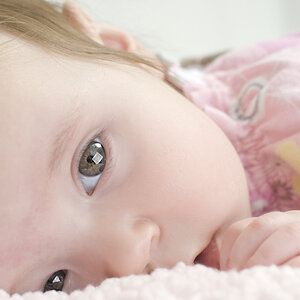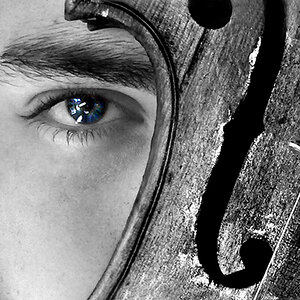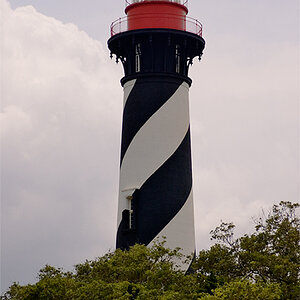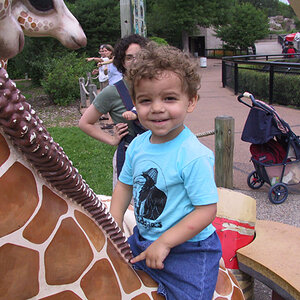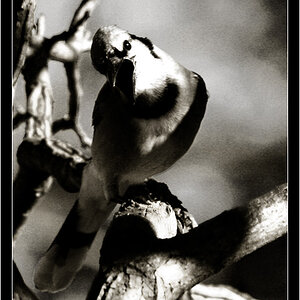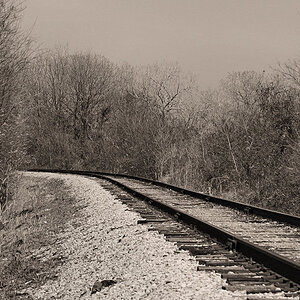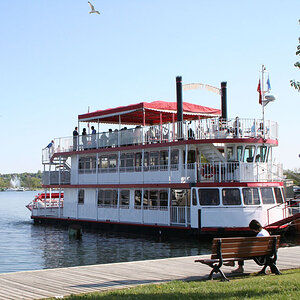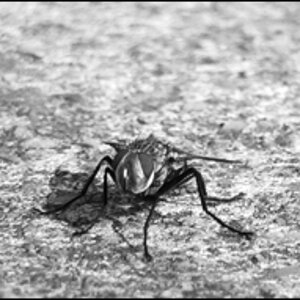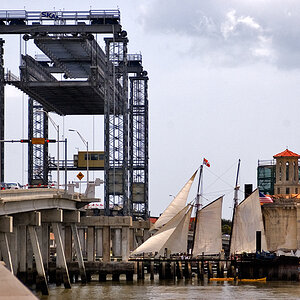fightheheathens
TPF Noob!
- Joined
- Aug 1, 2005
- Messages
- 1,011
- Reaction score
- 3
- Location
- Berkeley
- Can others edit my Photos
- Photos NOT OK to edit
your probably gona have to send it off...seeing as the pro lab i go to has to send my slides off as well...


![[No title]](/data/xfmg/thumbnail/42/42466-109a1021e2f0f132abfd74e1a6e39444.jpg?1619740192)
